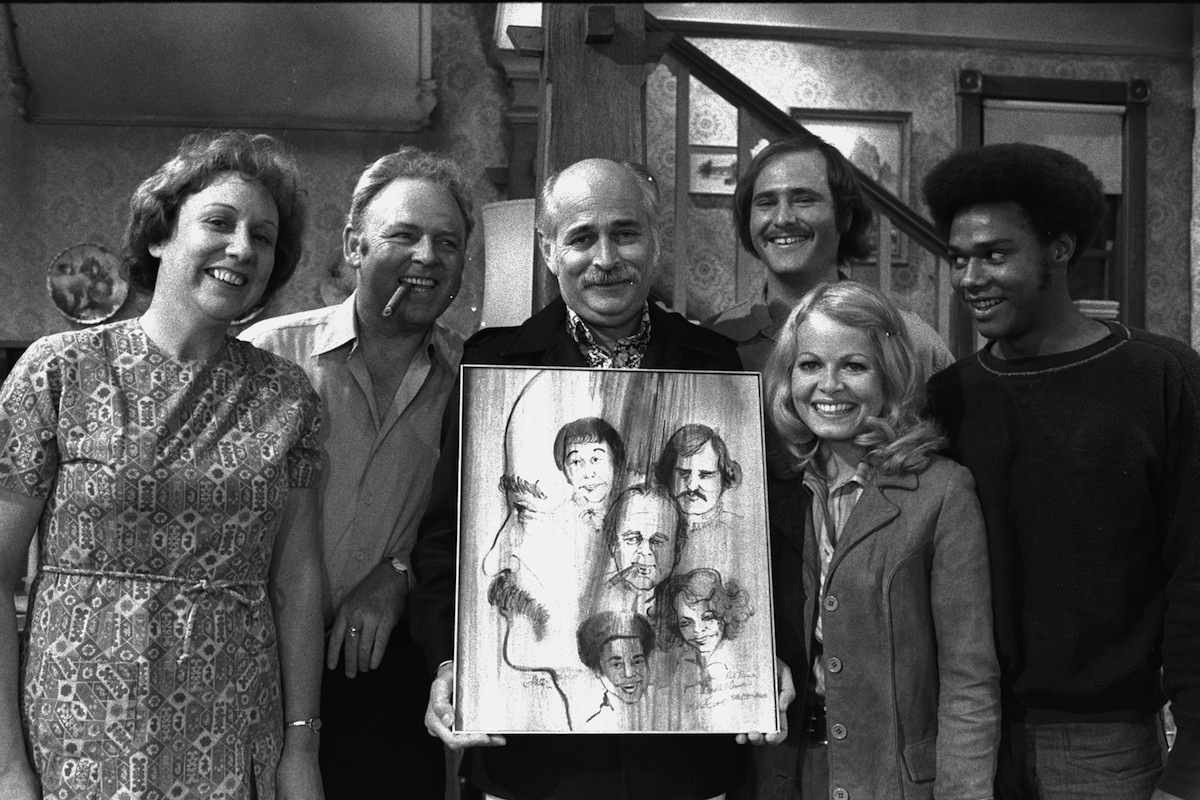
In 1976, when a U.S. District Court ruled that the “adoption of the family viewing policy by each of the networks constituted a violation of the First Amendment,” it was a victory for freedom of speech—and for television ratings.
In the lawsuit, the Writers Guild—and famous-name plaintiffs like Norman Lear and Allan Burns—successfully established that the FCC had pressured the networks into a programming policy that neither the public nor the artists chose. The so-called family hour or family viewing policy (also known as the “prime time censorship rule”) mandated that the hours before 9:00 p.m. should be used only for shows that were appropriate for all ages.
As this preview clip from CNN’s The Seventies (premiering Thursday night at 9:00) shows, that wasn’t working for anyone:
But free speech wasn’t the only reason why the writers were glad to ditch the family hour. As TIME had reported in 1975, attempts to rearrange schedules to fit with the family viewing policy had also contributed to a noted decline in ratings:
Familiarity may have bred some contempt, but novelty of another sort has probably proved much more upsetting. In this more cynical opinion, Americans in their role as viewers are not very adventurous. They dote on old pals—Marcus, Archie, Dear Little Mary. They have gone through a lot with them and are loyal through thin and thin. They even resent seeing their good buddies shoved out of old time slots. This year the ludicrous family viewing hour forced unprecedented tinkering with new shows and much rescheduling. CBS and NBC compounded this upset with lineups filled with new programs that turned out to be heavy losers. Beacon Hill has already been leveled on Tuesday, and Switch! and Joe and Sons seem destined to go. The story is the same on Thursday at NBC. The Montefuscos and Fay were dispatched with unseemly haste; Ellery Queen and Medical Story will probably follow.
ABC, it now seems, handled the family-hour nuisance most wisely. Its ratings have actually risen marginally, probably because its new shows are supported, sometimes fore and aft, with old favorites. The network also realized that 9 o’clock, when you rise to shoo the kids out of the living room, is the logical time to switch channels if you are ever going to. At that point ABC stands ready to present what the ratings indicate most Americans want—a quick fix of violence (five nights a week if you count N.F.L. football) or an old movie (on Friday and Sunday).
Read the full story, here in the TIME Vault: When Things Are Rotten
More Must-Reads From TIME
- The 100 Most Influential People of 2024
- Coco Gauff Is Playing for Herself Now
- Scenes From Pro-Palestinian Encampments Across U.S. Universities
- 6 Compliments That Land Every Time
- If You're Dating Right Now , You're Brave: Column
- The AI That Could Heal a Divided Internet
- Fallout Is a Brilliant Model for the Future of Video Game Adaptations
- Want Weekly Recs on What to Watch, Read, and More? Sign Up for Worth Your Time
Write to Lily Rothman at lily.rothman@time.com